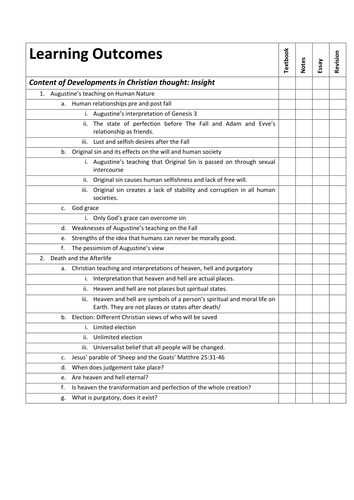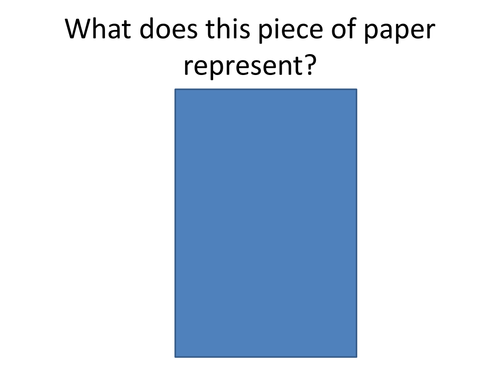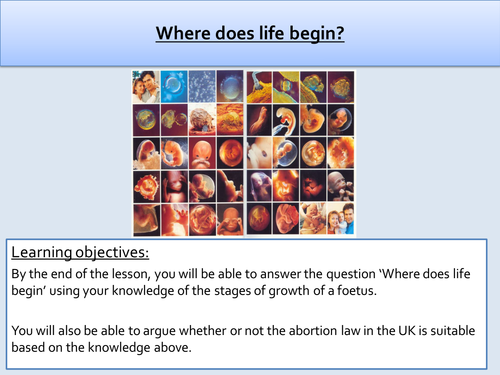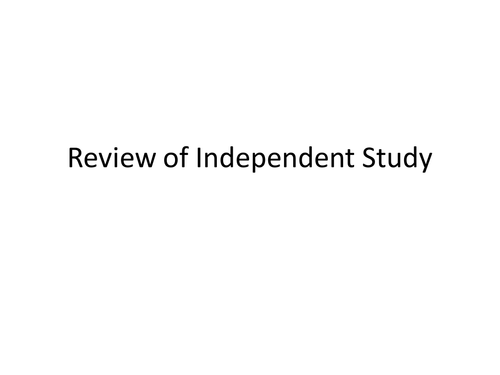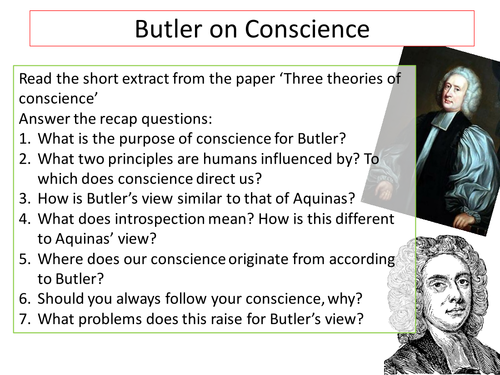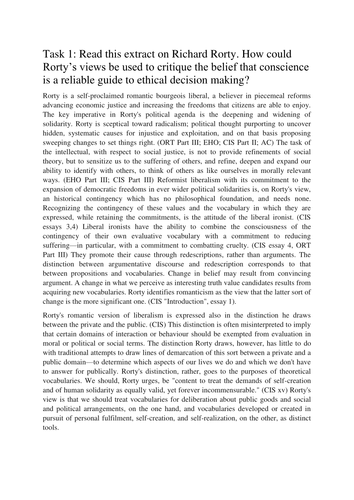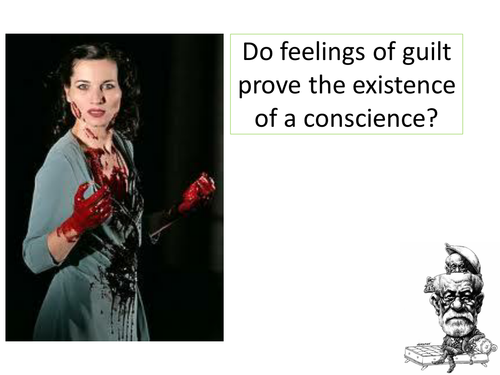'Outside of the Box' Resouces
Lottie Joynes is Head of Religious Education and Philosophy at an outstanding school in Bath. Her resources are engaging, thought provoking, and often challenge students to 'think outside the box'. All resources include teacher instructions, and often presentations will include 'bonus resources' such as h/w tasks, youtube links or readings. Lottie has been rated as outstanding twice by Ofsted, and hence buying from this shop, you can be assured you are purchasing quality resources.


